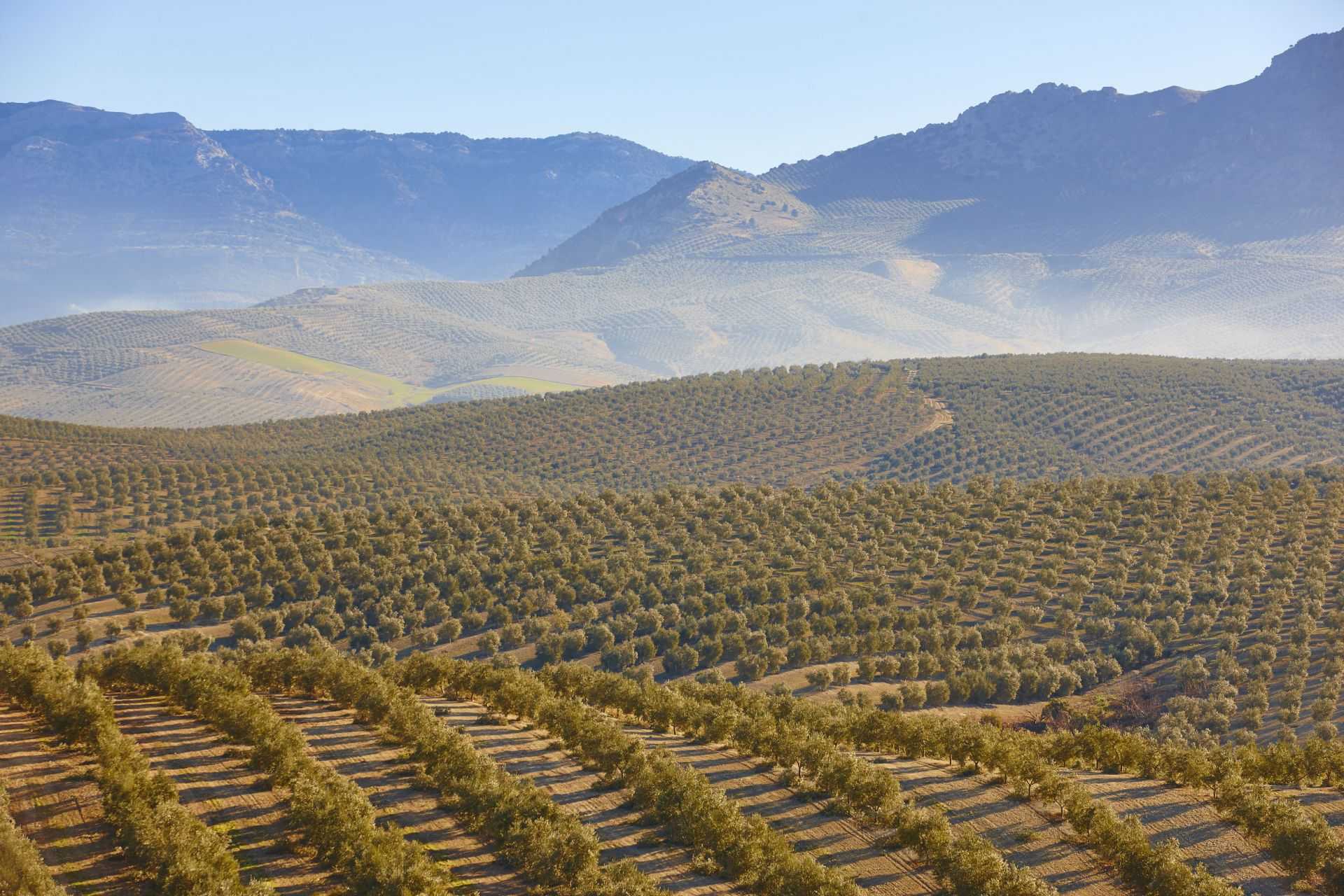Spanish Exports of Bottled Olive Oil to U.S. Drop 80 Percent

Spanish bottled olive oil exports to the United States plummeted by 80 percent in 2020 due to tariffs imposed by the Trump administration, with Tunisia and Portugal benefiting from the decline while Italy remains the top exporter. Despite efforts to end the tariffs, Spanish producers continue to face challenges in the U.S. market as they deal with decreased production estimates following damage from Storm Filomena in central Spain.
Spanish bottled olive oil exports to the United States decreased by 80 percent in 2020 compared to 2019, according to Spain’s main agricultural cooperative, Cooperativas Agro-alimentarias.
Tariffs imposed in October 2019 by the Trump administration are blamed for the fall, which damaged the Spanish olive oil sector dramatically.
The 25-percent tariffs on packaged Spanish virgin and non-virgin olive oils and several types of green table olives remain in place even after Trump left office in January.
“Olive oil originating in Spain that arrives packaged monthly in the United States does not even reach 700 tons. Before the imposition of tariffs, these volumes were about 10 times higher,” said Rafael Sánchez de Puerta, the president of Cooperativas Agro-alimentarias. “In fact, we would have to go back to the early 1990s to find similar figures.”
See Also:Trade NewsAccording to trade data from the U.S. Department of Commerce analyzed by the cooperative, Tunisia and Portugal have been the main benefactors of the U.S. tariffs. Meanwhile, Italy remains the leading bottled olive oil exporter.
Tunisian olive oil exports to the U.S. rose by 700 percent in 2020, while Portuguese exports grew by 800 percent.
“As the months go by, our role in the United States diminishes,” Sánchez de Puerta said. “The unfair tariffs that we face have taken us out of the most important market outside the European Union, after having made millions in investments during the last two decades.”
While President Joe Biden mainly focusses on his domestic agenda, producers continue to pressure national and local authorities to work with the Biden Administration to end the tariffs.
The disappointing trade news comes as Spain’s Food Information and Control Agency announced that the final estimates for the 2020 olive harvest reached 1.40 million to 1.45 million tons.
While still above the rolling five-year average, the yield was smaller than initially thought.
The majority of the export decrease came as a result of revised figures from Andalusia, which said that the region would produce 250,000 fewer tons than initially estimated. Damage from Storm Filomena in central Spain also factored into the production drop.









